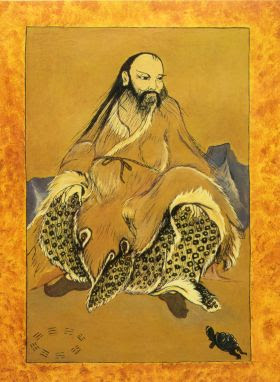I
met Senator McCain just at one of my life's crossroads. All good experiences though, since even bad situations lead to better ones.
As his book "Character is Destiny", I really concur with this guy in
many statements; especially in that perseverance is stronger than fate (a
hidden axiom the I Ching told me about it).
Perhaps if I would had known Senator
McCain years ago, my rationale would have advise me differently.
Perhaps. But from a personal viewpoint -the kind of view that makes you learn from
every men-, I highlight the toughness and straightforward of his manners: six-year
war prisoner, a Republican-Party maverick, friend of global puppeteers, and
mainly a man that stays put.
Good
Trip, Senator John McCain!
Lima, 2018/9/11
- Here with John and a present from my family



